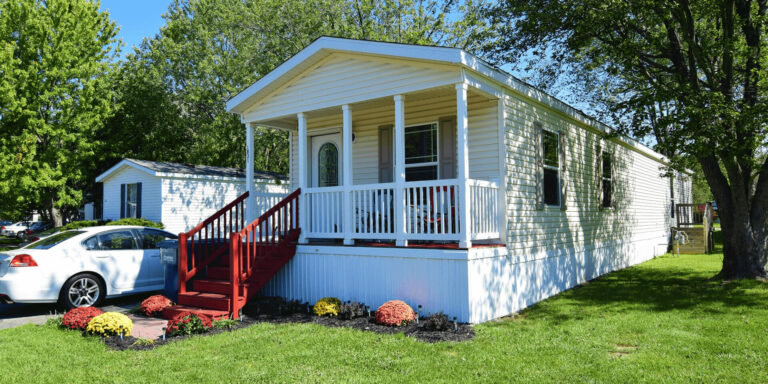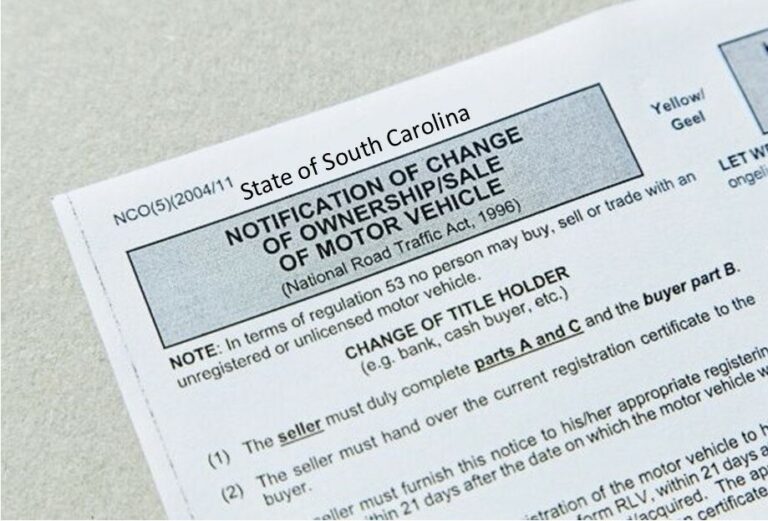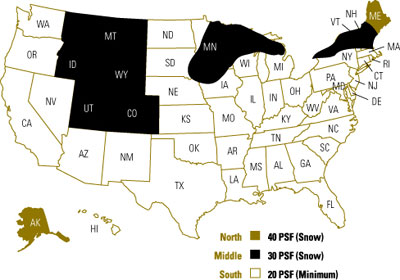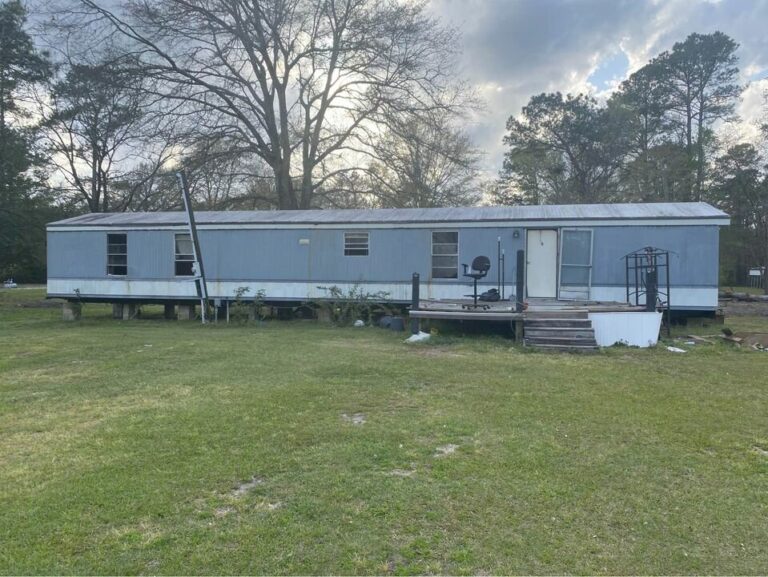In recent years, manufactured homes have become popular, especially among young, new homeowners and senior citizens looking for a cheap and quiet life. South Carolina is said to be one of the original destinations of mobile homes. Statistics show that every 1 out of 5 families in South Carolina live in a mobile home. Over 355,000 families live in a mobile home. It’s especially popular among couples and families as it’s an open space along the coastline. While owning a mobile home has several advantages, it’s not all perfect. There may be a few downsides, which may be a dealbreaker for you. In this post, we’ll talk about the downsides of buying a manufactured home in South Carolina so you can decide if you want to buy one in South Carolina.
Let’s dive in.
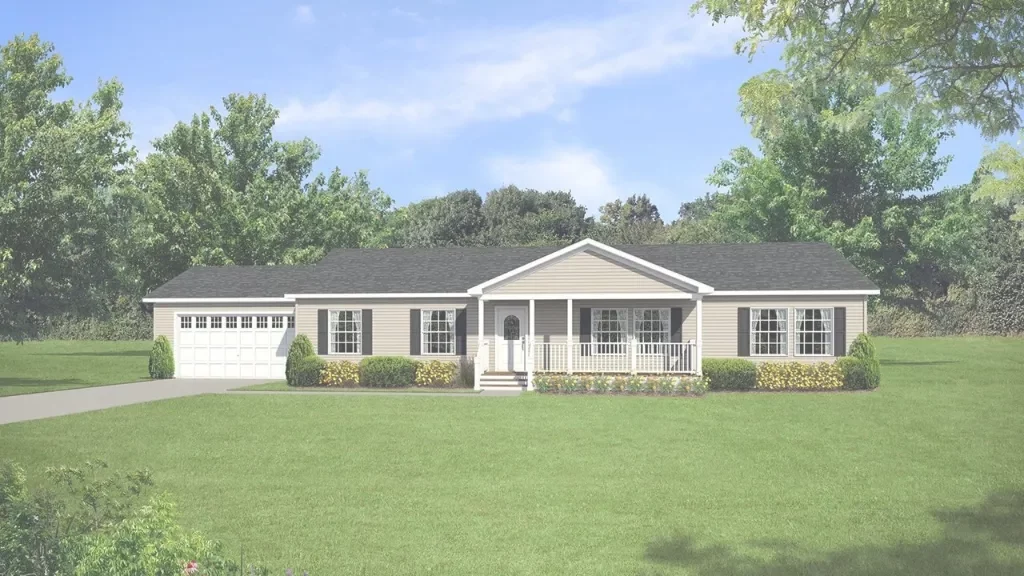
What’s A Manufactured Home?
A lot of people use the terms mobile home and mobile home interchangeably. But the two are completely different. Manufactured homes are prefabricated structures usually built in a factory and then transported to where they will be assembled and placed on a foundation.
Mobile homes are built complying with specific building codes set by the HUD ( Department of Housing and Urban Development). HUD introduced these housing regulations in 1976. Before that, these were technically mobile homes. However, after regulations were created in 1976 with safety standards in mind. These houses were prefabricated in a factory and then assembled on-site, giving them the name Manufactured Homes.
These usually take 2 to 3 months to finish and become your new home. There are also options to customize your mobile home to fit your preferences.
The Downsides Of Buying A Manufactured Home
While there are several advantages to buying a mobile home in South Carolina, there are also a few downsides you need to be aware of. Here are a few disadvantages of buying a mobile home:
Availability And Cost Of Land
The availability of property with good access to established utility can be rather scarce in less inhabited suburban areas. Some places may even have deed restrictions, only allowing site-built construction.
Mobile homes can be rather difficult in rural areas or even extremely expensive because of preparations and the cost of access. But with the current rise in popularity, these have reduced a bit.
Lender Requirements
Manufactured homes have specific financing options based on a few considerations. Mobile homes are often considered personal properties instead of real estate but are sometimes considered real properties. This impacts financing options and buyer plans. This is one of the risks of investing in a mobile home.
Securing financing for a mobile home is often more challenging than for a conventional home, with the potential for higher interest rates and more stringent lender requirements.
Bad Stigma Of Manufactured Homes
While people’s negative perception of mobile homes changed quite a bit thanks to contemporary design and manufacturing techniques, some communities hold biases against manufactured homes.
Some properties straight out don’t allow mobile homes. Although some of those localities changed their zoning policies, you should consider this factor if you’re looking for a long-term option.
Long-term Value
Although manufactured homes have several advantages, they also have a critical downside that can be a dealbreaker if you have a long-term plan for your mobile home.
In certain regions, the assessed value of mobile homes may be substantially less than that of traditional stick-built homes. This may lead to lower property tax payments, but mobile homes have historically experienced slower appreciation than other property types.
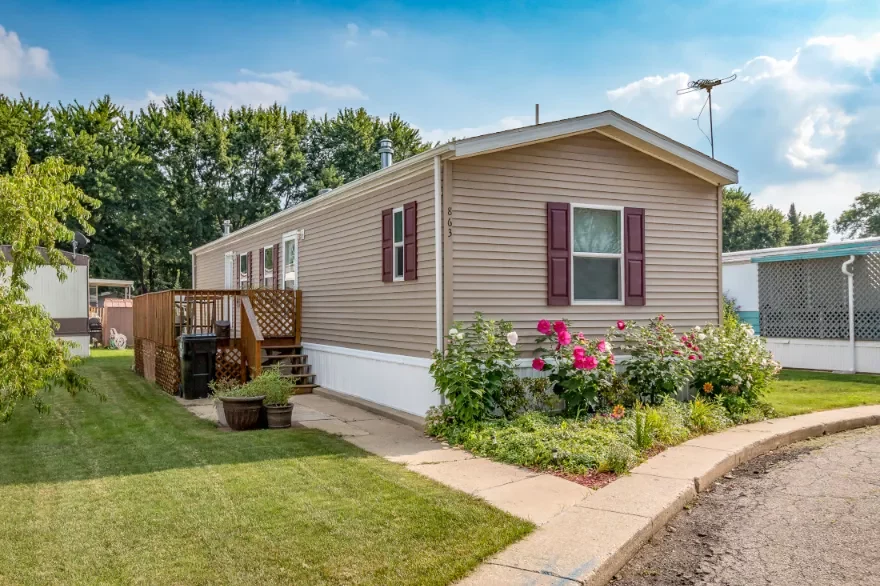
Nonetheless, market dynamics now exert a more pronounced influence on their value. It is expected that, depending on the area, the appreciation rates of manufactured housing will align more closely with those of other homes as the industry continues to grow.
Difficult To Resell
Mobile homes are rather difficult to resell, especially if they’re located in a mobile home park, as they’re essentially immobile after being set up. So, finding a buyer can be rather difficult unless the buyer wants to keep the home where it already is. Another downside is that moving the house may cost several thousand dollars.
To Wrap It Up
Mobile homes can be a great option for many people but it also has a few downsides that need to be considered. Factors such as costs, low-cost stick-built alternatives varying from region to region, and laws affecting the home value. This post will help you learn everything you need and make a well-informed decision.

